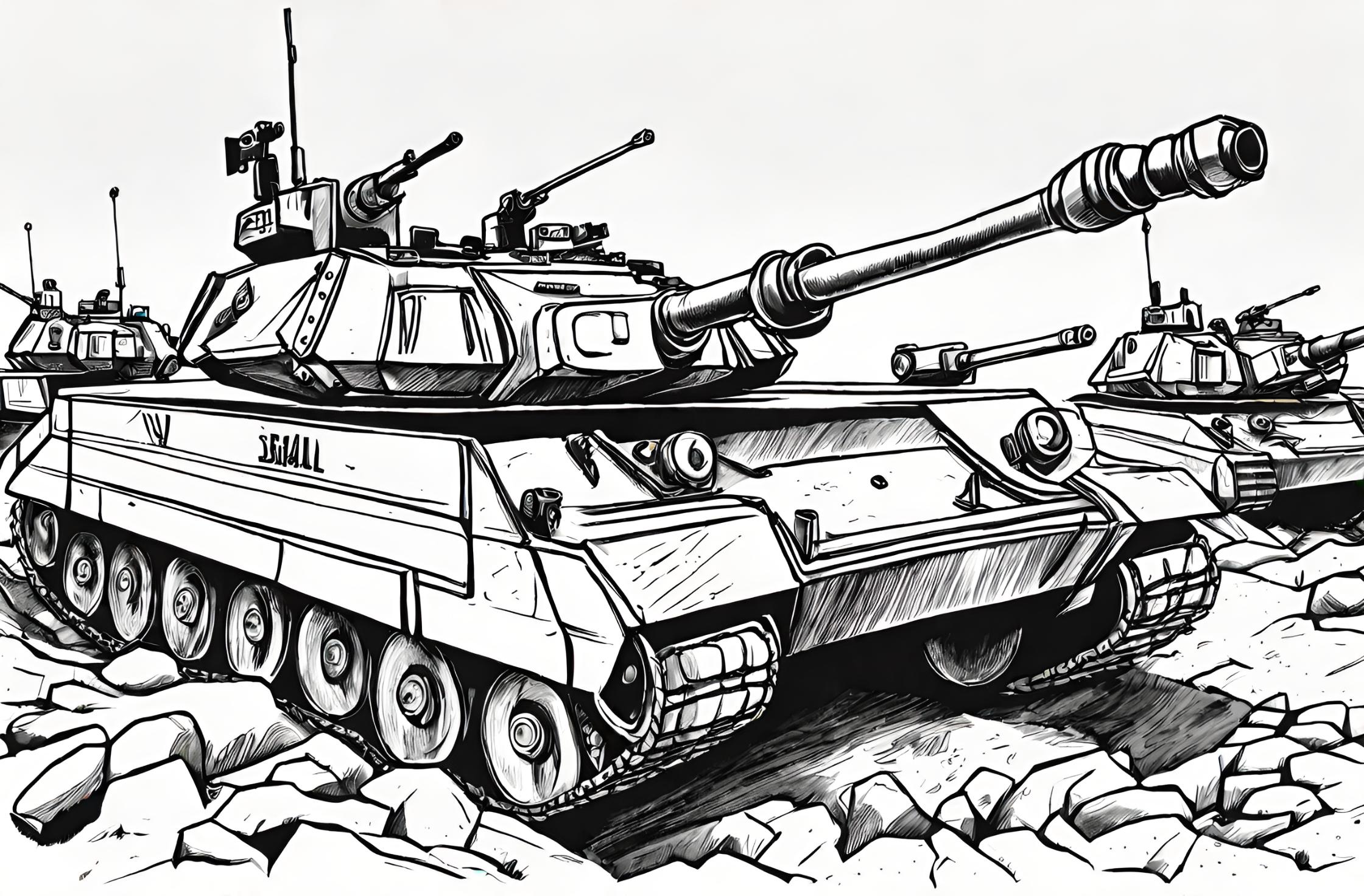Flashback to January 3
1998
Nuclear testing: In the Rajasthan Desert, India conducts its first underground nuclear tests
Read moreOn May 11, 1998, a major event took place that sent shockwaves throughout the global community – India conducted its first underground nuclear tests in the Rajasthan Desert. This action also prompted its rival neighbor Pakistan to test its own nuclear weapons. These tests not only escalated tensions between the two nations but also raised concerns about the proliferation of nuclear weapons in the region.
The decision by India to conduct these nuclear tests came as a surprise to the international community. It was perceived as a bold move by Indian leaders to establish themselves as a nuclear power, asserting their dominance in the region. The tests consisted of five nuclear explosions, which were carried out deep underground to minimize the impact on the surrounding environment.
However, this event did not occur in isolation. It was a direct response to long-standing tensions between India and Pakistan. The rivalry between the two nations had been simmering for years, with conflicts over territorial disputes such as the Kashmir issue. Pakistan, feeling threatened by India’s nuclear program, decided to follow suit and conducted its own nuclear tests just a few weeks later.
The nuclear tests by India and Pakistan not only raised concerns about the stability of the region but also had far-reaching consequences for global security. The international community condemned these tests, as they violated the principles of the Comprehensive Nuclear-Test-Ban Treaty (CTBT) and increased the risk of nuclear proliferation.
The United States and other major powers responded swiftly to these tests by imposing sanctions on both India and Pakistan. The international community recognized the need to prevent a potential nuclear arms race in South Asia, and diplomatic efforts were intensified to ease tensions between the two nations.
The aftermath of these nuclear tests was significant. The already fragile relationship between India and Pakistan further deteriorated, putting the region on the brink of war. Diplomatic efforts were made to defuse the situation, and the two nations eventually signed the Lahore Declaration in February 1999, committing to resolving their differences through peaceful means.
The tests also had a lasting impact on the global nuclear non-proliferation regime. The tests by India and Pakistan highlighted the shortcomings of existing international agreements and mechanisms in preventing the spread of nuclear weapons. It drew attention to the need for more effective measures to control the proliferation of nuclear weapons and ensure regional stability.
the nuclear tests conducted by India and Pakistan in the Rajasthan Desert on May 11, 1998, had significant repercussions for the region and the world. It escalated tensions between the two nations and brought the world’s attention to the issue of nuclear proliferation. The international community responded with condemnation and sanctions, emphasizing the importance of maintaining global security and stability. The aftermath of these tests led to diplomatic efforts to ease tensions and reinforced the need for stronger non-proliferation measures. The events of that day in 1998 continue to serve as a reminder of the potential dangers associated with the proliferation of nuclear weapons and the need for international cooperation to prevent their use.
We strive for accuracy. If you see something that doesn't look right, click here to contact us!
Sponsored Content

First patent list issued…
On January 3, 1872,…

Israel launches a ground…
In a significant development,…
Saint Anterus ends his…
On January 3, 236,…
Duke Alberik II of…
On January 3, 936,…
Peder Palladus Danish church…
On January 3, 1560,…
Tax revolt in Haarlem…
Discover the historic tax…

